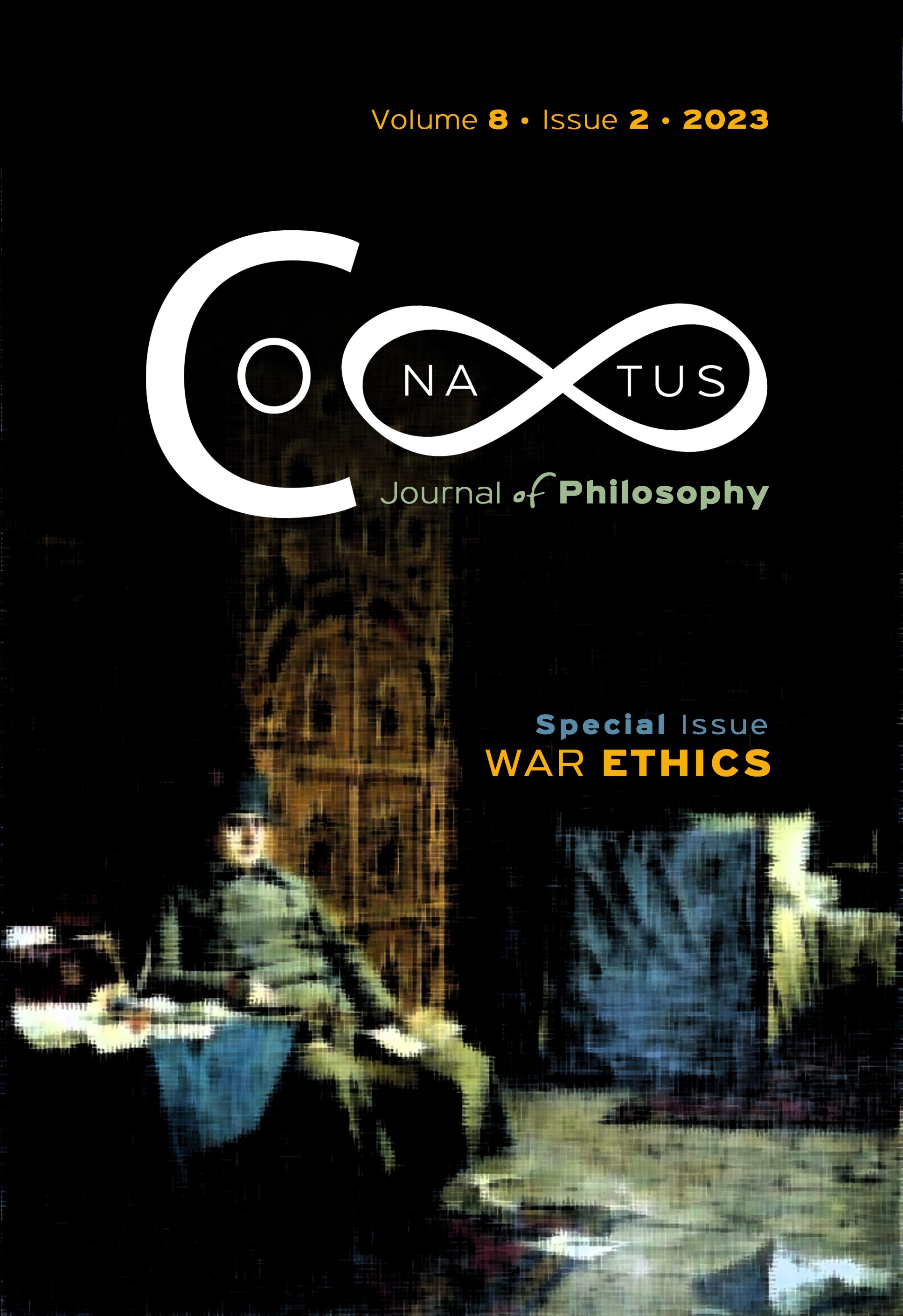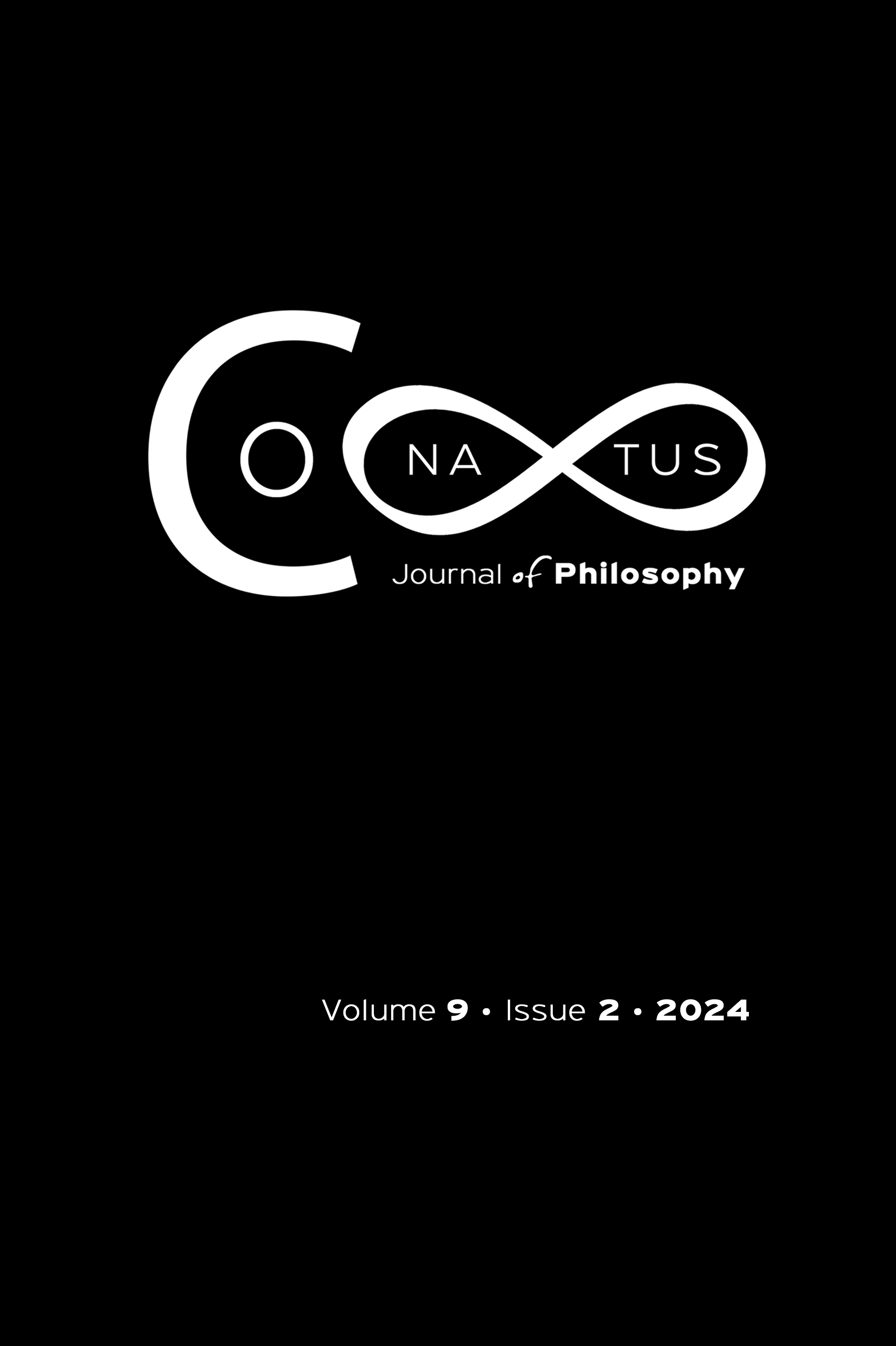Machiavelli's Ethics on Expansion and Empire

Abstract
Machiavelli believes that the expansion of a state is inevitable. Human affairs are characterized by constant movement and change, and expansion is the necessary stage of a state moving towards its prosperity. But there are historical examples of states that tried to stand stable for centuries and resist movement and expansion, but ultimately failed, because they were not prepared to grow by themselves or to deal with the growth of their enemies. This article tries to interpret the Machiavellian arguments that support the thesis that the expansion of a state is inevitable and argue that its entrenchment within its borders is something contrary not only to the nature of human affairs but also to the proper constitution of the state. Also, the crucial question is whether Machiavelli's positions have ethical foundations rooted either in human natural right or in the modes or means of expansion. From this point of view, the terms hegemony and empire acquire a different meaning and a different moral dimension.
Article Details
- How to Cite
-
Vavouras, E. (2023). Machiavelli’s Ethics on Expansion and Empire. Conatus - Journal of Philosophy, 8(2), 703–723. https://doi.org/10.12681/cjp.35110
- Section
- Articles
- Categories

This work is licensed under a Creative Commons Attribution-NonCommercial 4.0 International License.
Authors who publish with this journal agree to the following terms:
Authors retain copyright and grant the journal right of first publication with the work simultaneously licensed under a Creative Commons Attribution Non-Commercial International License (CC BY-NC 4.0) that allows others to share the work with an acknowledgement of the work's authorship and initial publication in this journal.
Authors are able to enter into separate, additional contractual arrangements for the non-exclusive distribution of the journal's published version of the work (e.g. post it to an institutional repository or publish it in a book), with an acknowledgement of its initial publication in this journal.
Authors are permitted and encouraged to post their work online (preferably in institutional repositories or on their website) prior to and during the submission process, as it can lead to productive exchanges, as well as earlier and greater citation of published work.






